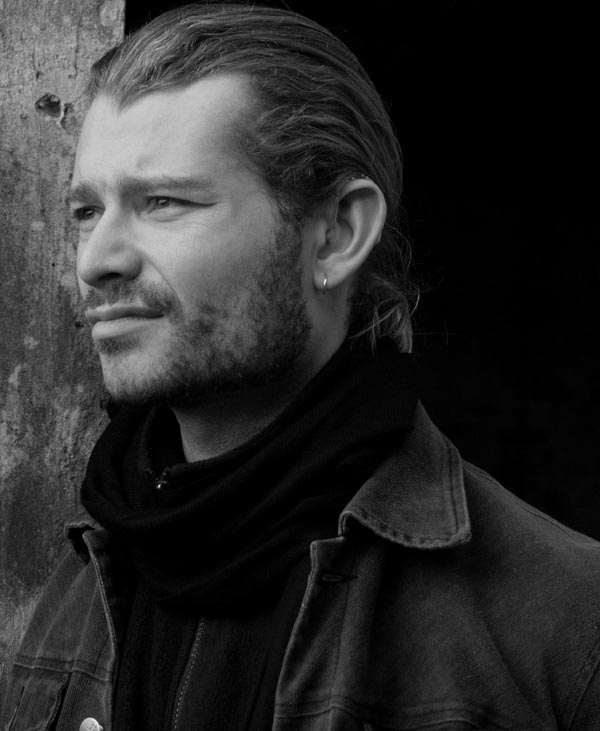Would it surprise you to know that many times the expectations we have of others are born out of our own psyche, and have little to do with the person we have them about?
Expectations in relationships can begin when take our own ideals, standards, and views of things, and project them onto other people. We then anticipate that they will live in accordance with these standards.
Have you ever expected someone to be happy, sad, mad, afraid, or in some other emotional state, and have been surprised when they weren't? After all, that is how you would feel in the same situation. Or maybe you have been confused when you did something nice for someone that you expected them to like, but they weren't showing the enthusiasm about it that you thought they might? It was something you would have appreciated someone doing for you, so why didn't they like it you'd wondered.
As we project our life view onto others, we are assuming that they think and feel in a similar way that we would in the same situation, and we expect them to behave accordingly.
So, when someone close to us eventually does something that appears in deep contrast with the standards we have associated with them, we often feel hurt, betrayed, angry and confused. Our disappointment gets expressed in the kinds phrases we've all heard, or have even spoken ourselves... "I expected more from you", "You are the last person I'd ever have expected to do that", "You really let me down", "This is not like you at all" etc.
We profess this, however, having turned a blind eye to blunt behavioral evidence to the contrary on numerous occasions. We cleverly develop a tunnel vision where we only allow through, information that supports the view we have of who we want that person to be.
The truth is that people show us exactly who they are through their everyday behaviors. We are aware of who they are at a deeper level within us. We need to stop fantasizing and pretending things are not as they are. To stop filtering and begin to pay attention to the reality of what others think and feel, and how they behave. We must acknowledge to ourselves, the truth of who they are as individuals. When we do this we let down the illusory veil we've kept around them, and can thereafter stop the futile behaviors of projecting and expecting.
Take a moment to think about someone for whom you have developed a set of expectations for. How accurate are the assumptions you have made about this person's feelings and behaviors? Can you see that many of your expectations of them really revolve around you and your own feelings, beliefs, hopes, needs, and desires related to the relationship? That these things have been projected onto them? Have you tuned out obvious clues to their authentic personality?
Of course, looking at relationships with others in a more truthful light might reveal a need for making some changes within them, and it can be in human nature to fear and resist change. It usually seems safer and easier to stay in the secure cocoon of our fantasies. But if we remain there we are guaranteeing ourselves more pain from the inevitable let downs of unmet expectations, as how could anyone ever live up to someone else's illusions of them?
When we choose to break the illusion and replace our assumptions and projections with a truthful evaluation, freedom from expectations is carried with it, and the opportunity to begin a more clear and honest relationship is born.
On the flip side, we might sense that we are part of other's illusions at times, and that they have made assumptions, and projections, and have formed expectations of us. There is no way you can be true to yourself while trying to conform to someone else's agenda of course. What could be more of a waste of your authentic self expression than spending time acting out someone else's fantasy!
We hold some responsibility here, not to begin to conform to others manufactured images of ourselves. Sometimes we behave in ways that others think we should out of guilt, fear of not being liked, fear of abandonment (i.e. the relationship ending) or uncertainty ourselves in who we really are.
Might you be contributing to the reinforcement of illusions and projections that others have related to you, that have led them to develop unrealistic expectations of you?
Be real with the people in your life. Let them know who you really are, and how you really feel. As you begin to see and accept them for who they authentically are, gently help them to see through to their own mistaken assumptions and illusory identities they have built around you, to the real you as well.
When we demonstrate the insight and courage to embrace the truth, along with finally putting an end to the pain of constantly being disappointed by unmet expectations of one another, our relationships have the opportunity to become rich in authenticity, trust, and deep emotional bonding.
Author: Coleen Lawrence © 2002